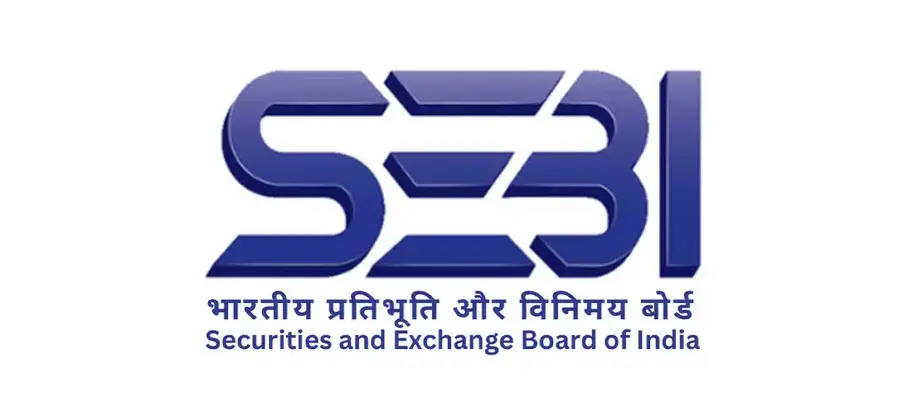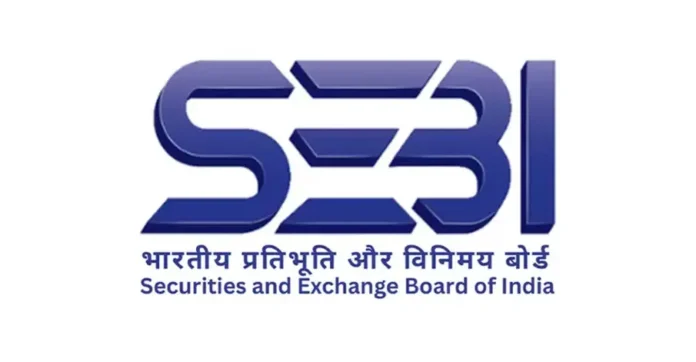
In a significant regulatory shift aimed at bolstering India’s startup ecosystem, the Securities and Exchange Board of India (SEBI) has approved a major amendment allowing startup founders to retain Employee Stock Options (ESOPs) even if they are classified as promoters, provided the ESOPs were granted at least one year prior to filing the Draft Red Herring Prospectus (DRHP).
The move, announced following SEBI’s latest board meeting, addresses a longstanding obstacle in the IPO journey for startups, where founders—often compensated through equity—were previously required to relinquish such options before going public. Industry leaders believe the change will encourage continued founder participation post-IPO and streamline public listing processes for high-growth, equity-heavy ventures.
“SEBI has announced several reformist changes that boost ease of doing business,” said Jyoti Prakash Gadia, Managing Director of Resurgent India.
“The ESOP decision, in particular, will incentivise founders to stay invested beyond IPO and continue creating long-term value.”
New Framework for AIF Co-Investments
In addition to the ESOP reform, SEBI also unveiled a regulatory framework for co-investments in Alternative Investment Funds (AIFs). Under the new norms, sponsors, fund managers, and co-investors must co-invest on identical terms as the AIF itself—covering aspects such as pricing, timing of entry and exit, and valuation.
The regulator has also permitted AIFs (Categories I and II) to set up dedicated Co-Investment Vehicles (CIVs) that can issue separate units to co-investors, offering clearer structures and improved alignment with fund managers. This is expected to enhance the attractiveness of private market investments for institutional and high-net-worth investors, while also tightening governance and transparency standards.
“The approval of a dedicated CIV framework is a breakthrough reform. It removes longstanding friction and aligns India’s private capital market with global norms,” said Gopal Srinivasan, CMD of TVS Capital Funds.
Kush Gupta, Director at SKG Investment & Advisory, added,
“This change allows fund managers to attract more sophisticated capital and deliver better performance. It’s a timely move as AIFs grow into a $155 billion industry.”
Additional Capital Market Reforms
SEBI’s board meeting also introduced reforms in other key areas, including easing norms for Qualified Institutional Placements (QIPs) and classifying REITs and InvITs as equity instruments—intended to reduce compliance risk and deepen participation in India’s capital markets.
Collectively, these regulatory shifts reflect SEBI’s continued evolution toward a more facilitative and innovation-driven regime, tailored to support India’s rapidly growing startup sector, private capital market, and public market expansion.





